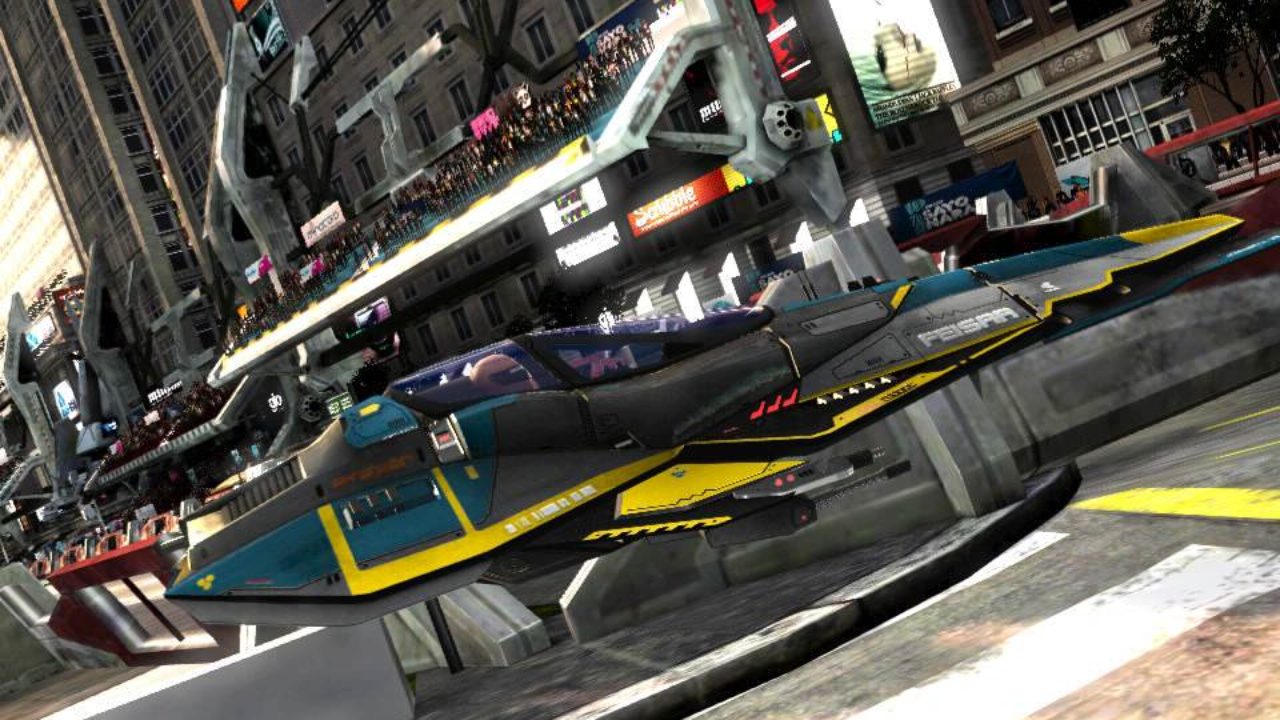
They a focused upon the same demographic and offer similar experiences from a technological standpoint. I see some common ground with Sony and Microsoft. drlowdon Doing their own thingA proposed alliance between Sony and Microsoft, though not technically a ‘single platform’, there was no hidden agenda behind excluding Nintendo, which I shall elaborate on. For me the most important could be trying to convince the more ‘casual’ gamer that they need to invest in another new console as many of the Wii owners I know are still perfectly happy playing Wii Sports, etc. Both the Wii and DS were less powerful than their rivals yet they have sold in superior quantities. There are certainly many potential issues that could limit the success of the Wii U. To say that the Wii U will fail because it is likely to be less powerful than the next Xbox or PlayStation is to completely ignore the last generation of home and handheld consoles.

at different prices, just as we currently have with CD and DVD/HD players, TVs and so on.

But Nintendo’s insistence on lower specs, and catering for their particular market, might not make them relevant in Microsoft/Sony’s eyes However, when game-making tech reaches a plateau, I can imagine there will eventually be a single format, in the same way as an MP3 can be considered a single music format, but different manufacturers will create gaming playback hardware that could offer different resolutions, enhanced picture and sound quality, etc. This means Microsoft and Sony together would monopolise the market, and usually in a monopolised market without competition, company arrogance sets in, prices remain high, and stagnation develops.Only if Nintendo were a credible competitor on the same technological terms, enough to eat into any joint Microsoft/Sony console sales, might this be avoided. I can think of nothing worse than there being a single next gen ‘format’ (i.e.


 0 kommentar(er)
0 kommentar(er)
